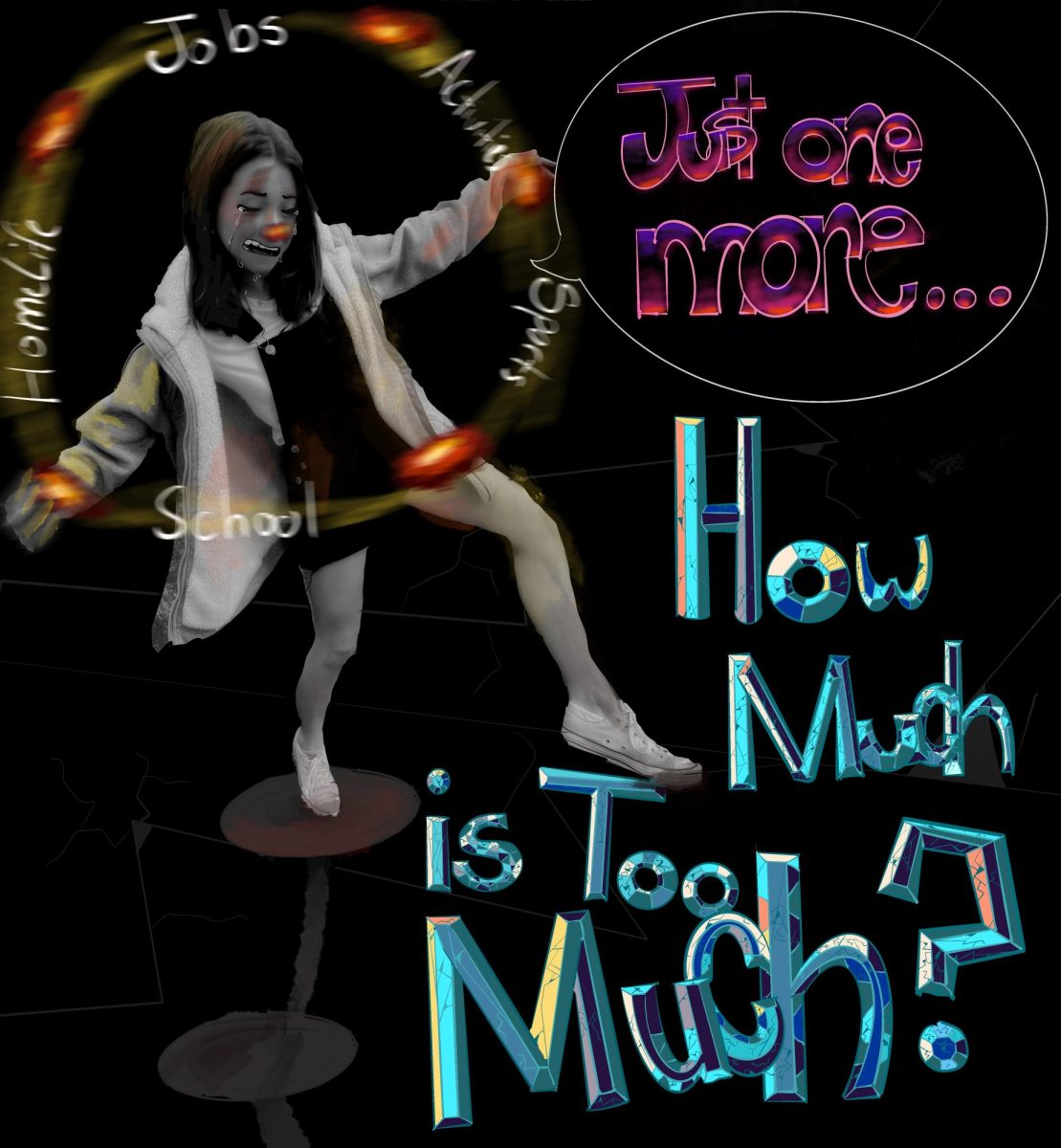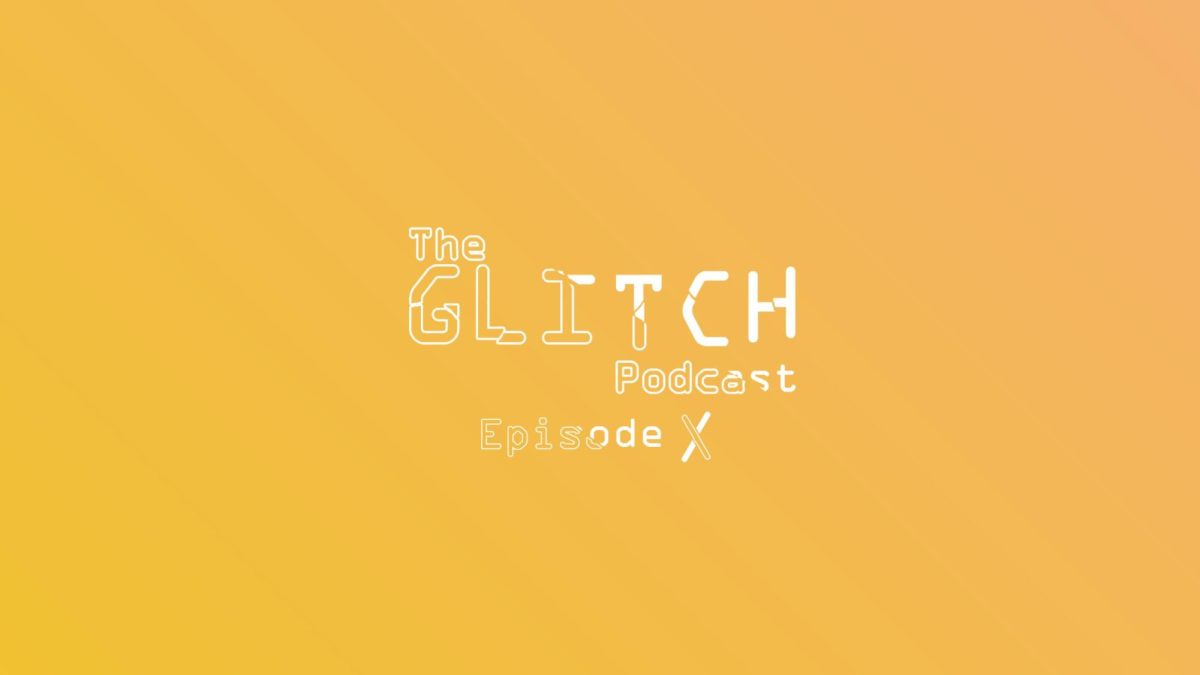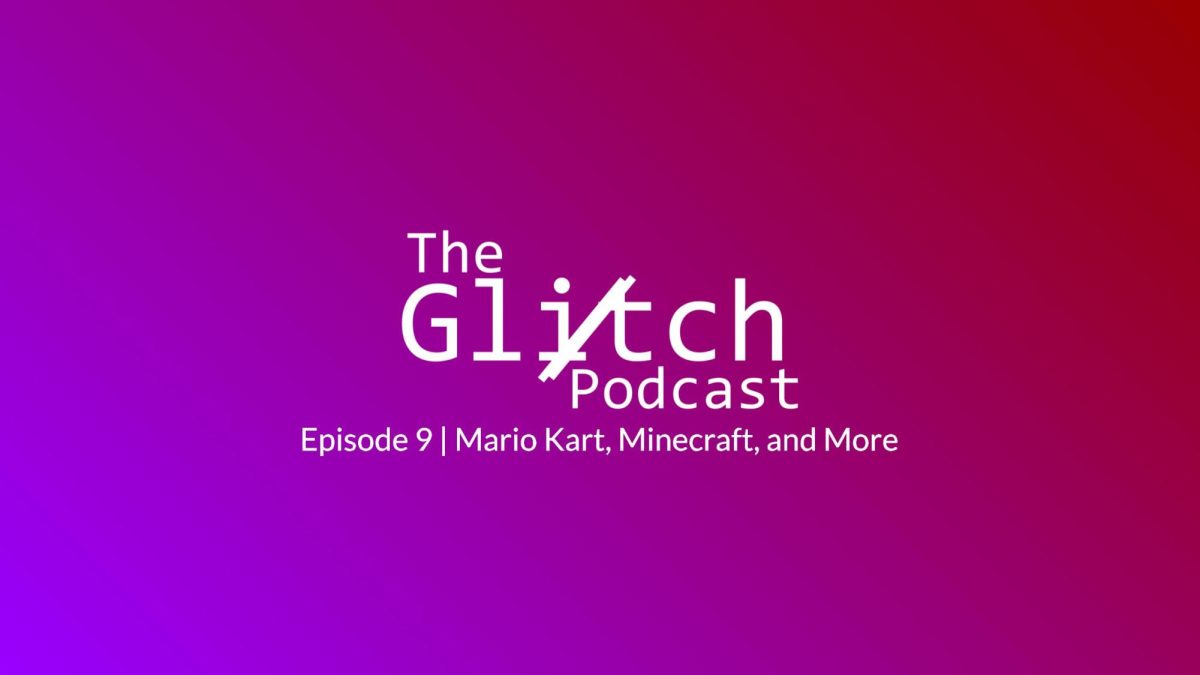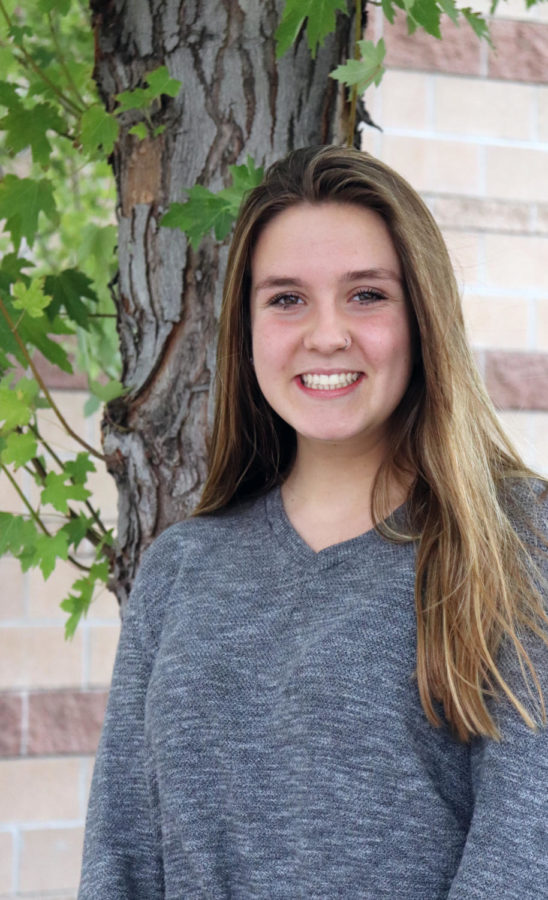Taking Activism off the Streets and Onto the Screens: Mental Health
A student shines a light on mental health through activism in her use of an online platform for a more widespread impact.
media by Kira Zizzo
Bella Schneider ‘22, is a mental health activist on social media who sends positive messages to support others. Photo by: Kira Zizzo
January 15, 2020
A message pops into your social media feed, “You are important. You matter. I’m here for you.” The corner of your mouth curves upward at this message of inspiration. Bella Schneider ‘22 is the student behind these positive messages and mental health activism on social media.
Schneider’s interest in mental health started when she lost a family friend at a young age.
“You want to keep your childhood your childhood, but I never heard of mental health or even thought it was anything serious until this event,” Schneider said.
For her, it was a wake-up call to talk to family and friends about mental health. She focused on transparency when it came to dialogue around her anxiety.
“Anxiety affects me day to day whether it’s talking to a person or taking a test, or getting in front of the class,” Schneider said.
She goes to therapy and shares her struggles to help her cope with anxiety. Schneider uses exercise, especially running to distract herself. As a self-proclaimed negative thinker, she works to be more positive.
“I’m really making an effort to be more positive and making an effort to reach out to my friends when I’m struggling and always making sure I’m healthy mentally before addressing any other problem,” Schneider said.
In Schneider’s eyes, her experiences with mental health in her youth primed her to be more vocal about mental health and find inner strength.
“I would not know how I strong I am about situations if I didn’t have anxiety. Especially having mental health impact me and my family made me realize how I need to take my friends seriously when they’re struggling and try to reach out and help,” Schneider said.
She takes her message of support to social media, to foster a community of safety and understanding.
“On social media, I try to make sure that everyone has a place, whether it’s over the phone or talking to me in person, so they can come to me and confide in me. It’s probably easier to come to me than it is to an adult and I can eventually help them get to an adult hopefully,” Schneider said.
Her use of an online platform was a conscious decision.
“I think our generation is always on our phones, and whether its a good or bad thing, [online posts] speak more to people of our age than me holding up a poster. It’s easier, and a mass form of communication,” Schneider said.
Schnieder’s goal from her socially forward, positive messages is to be someone that others are comfortable with as a confidant. She posts mainly through Instagram weekly to show her support and advocate for changes regarding the stigma around mental health.
“There is definitely a stigma of don’t talk about this, don’t talk about your therapist, don’t talk about what you’re struggling with, that’s for you and you only. That’s really harmful and I think it causes a lot of stress on us as young people to pretend like everything’s fine. It’s not healthy and not how we’re supposed to function,” Schneider said.
She recently completed an educational program “The Peace Project”, a video lesson that explains how to become a more positive person and better yourself. Schneider wants to implement this program at school and has spoken to teachers about incorporating it into mindfulness class.
“We’re going through the time of our lives where we’re feeling a bunch of emotions and a ton of stress. I think this is the most dire time to talk about it because all of us are struggling with something in our personal lives,” Schneider said.

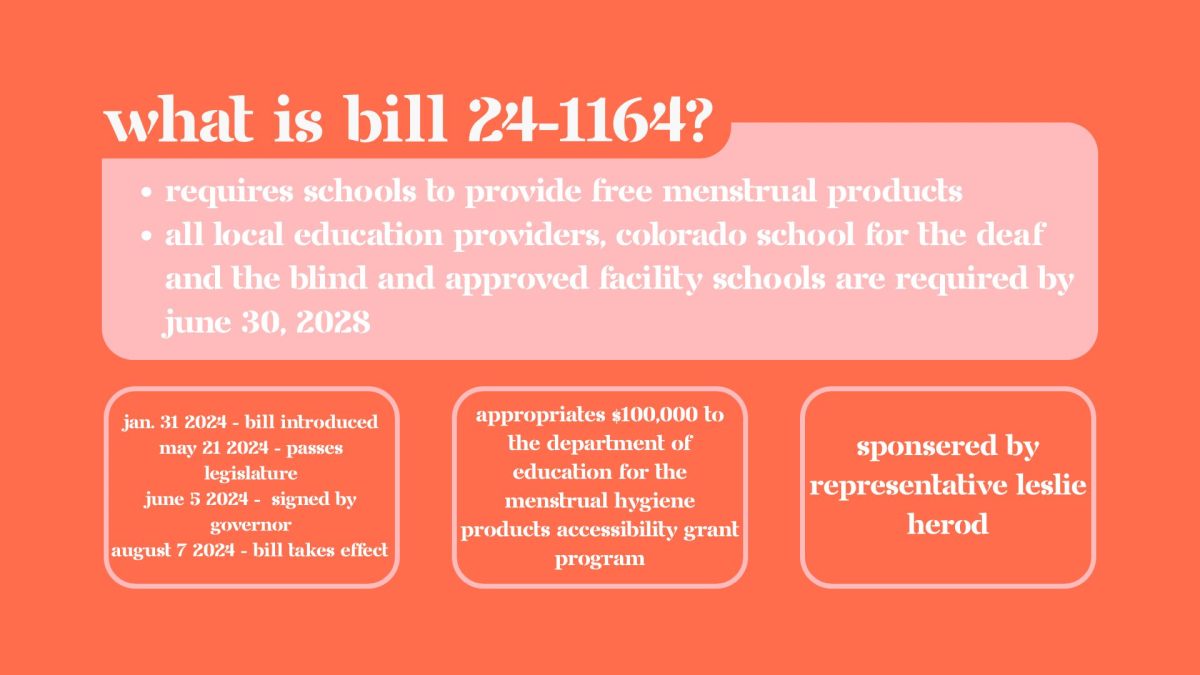

![Minutes before the Activities Fair in the gym, president Abhi Gowda ‘26 prepares the stall for his club Helping Hands, Sept. 4. A relatively new club, Helping Hands was co-started by Gowda and focuses on assisting the homeless, and just last year they succeeded in raising a couple hundred donations to send to shelters. This year, they have goals to expand, with hopes to increase volunteer opportunities and take in-person trips to shelters, as well as extend their help beyond just homeless people. “The Activities Fair gives a lot of underclassmen the opportunity to really get to know the Canyon culture, and it gives them many opportunities for service and volunteering,” Gowda said. “[Through the Activities Fair,] I hope to find a bunch of new and passionate members about our club and just get our name out there and spread awareness to the cause that we’re fighting for.”](https://rockmediaonline.org/wp-content/uploads/2025/09/1-2-1200x885.jpg)

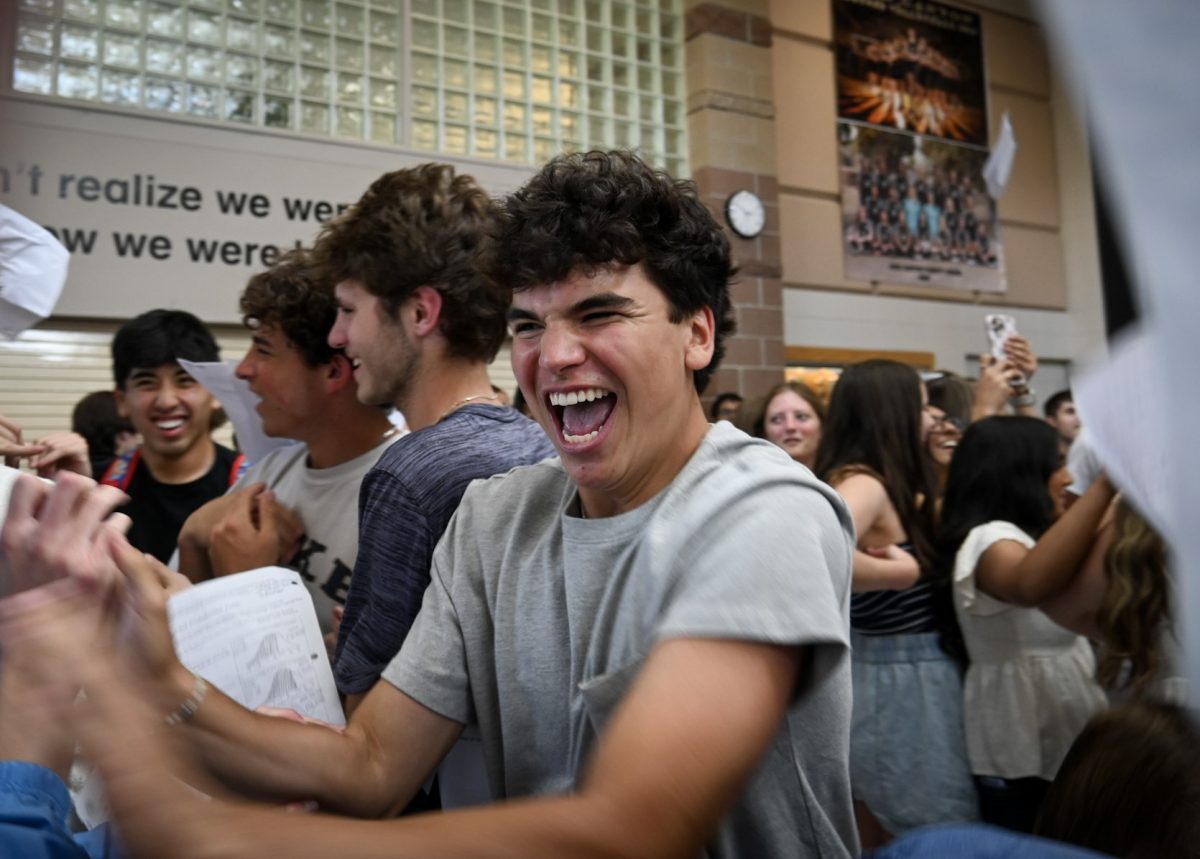
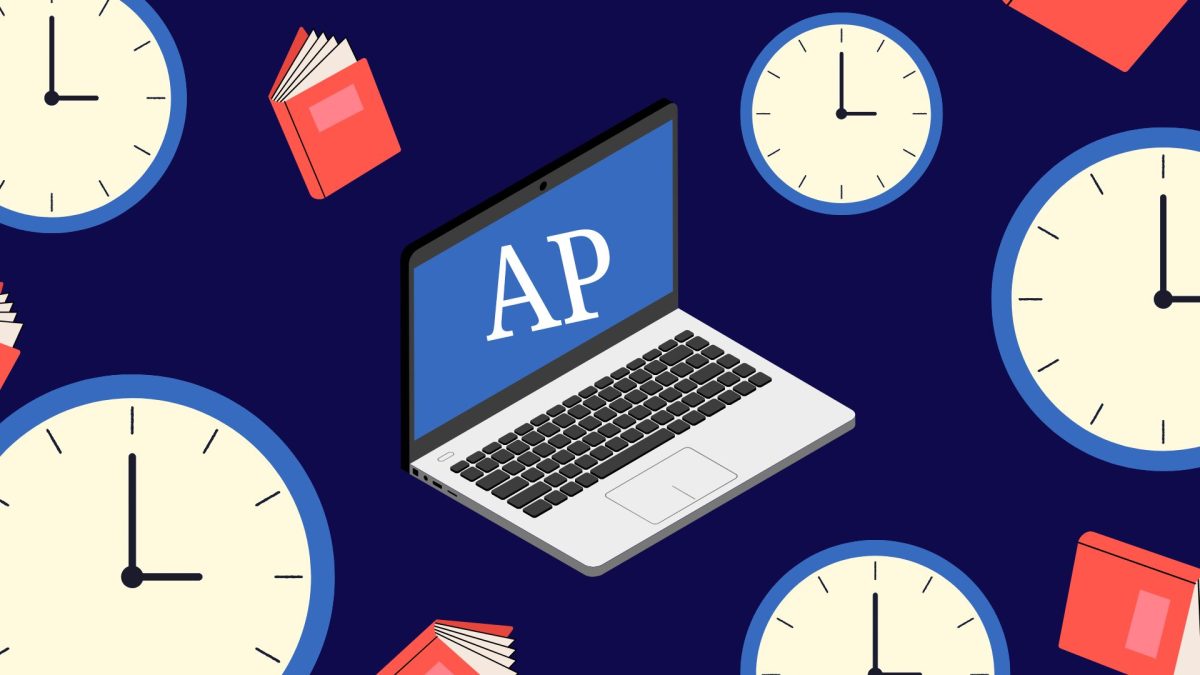




![The winter guard team makes fifth place at the state championship finals in the Denver Coliseum, March 30. The team performed to Barnes Country's “Glitter and Gold,” lead by coaches Margo Sanford, Blair Bickerton and Anna Orgren. In their class there were a total of nine groups participating, and the top five who made it to finals received a plaque. “[Walking onto the stage] is very nerve-wracking, but also very exciting as well. When you first start color guard there's a lot of anxiety and uncertainty when you first perform in front of an audience, but once you've done it for a while, it starts to become the best part of the season,” Ella West ‘25 said. “It's very fulfilling to see an audience react to something you've put your heart and soul into.”](https://rockmediaonline.org/wp-content/uploads/2025/04/Both-socal-media-nd-website-main-1-1200x846.jpg)



![April marks the 25th anniversary of Sexual Assault Awareness Month, created by the National Sexual Violence Resource Center (NSVRC). This month is to spread awareness of the harassment, assault and abuse that happens around the world. The symbol that represented the month was a teal ribbon; however, some survivors of assault create different symbols and movements like the TikTok trend in 2022, where survivors would tattoo Medusa on their body, in honor of her backstory in Greek Mythology. “I don't think [this month is known] at all. I rarely see anybody talk about it. I rarely see much of an emphasis on posting it online, or much discussion about it, and I feel like there needs to be way more discussion,” an anonymous source said. “I think just validating every experience that a person has gone through, regardless of the degree of it, the severity, is an essential step into making sure that people are aware that this is a very real problem in a society and that we need to do better in addressing it.”](https://rockmediaonline.org/wp-content/uploads/2025/04/IMG_0011-1200x900.jpg)

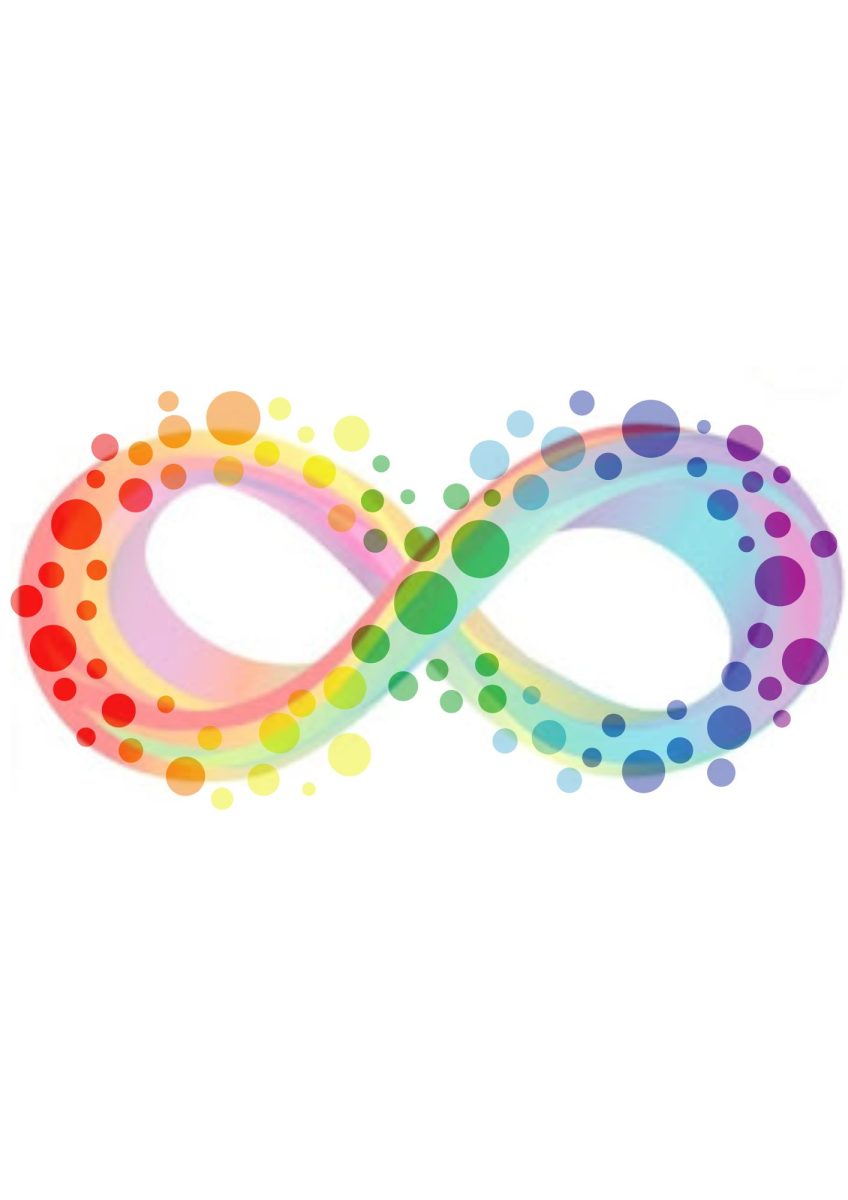

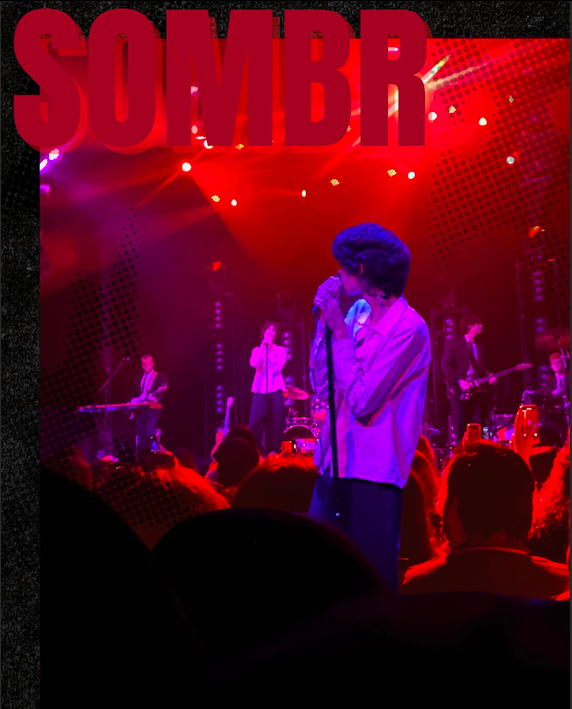

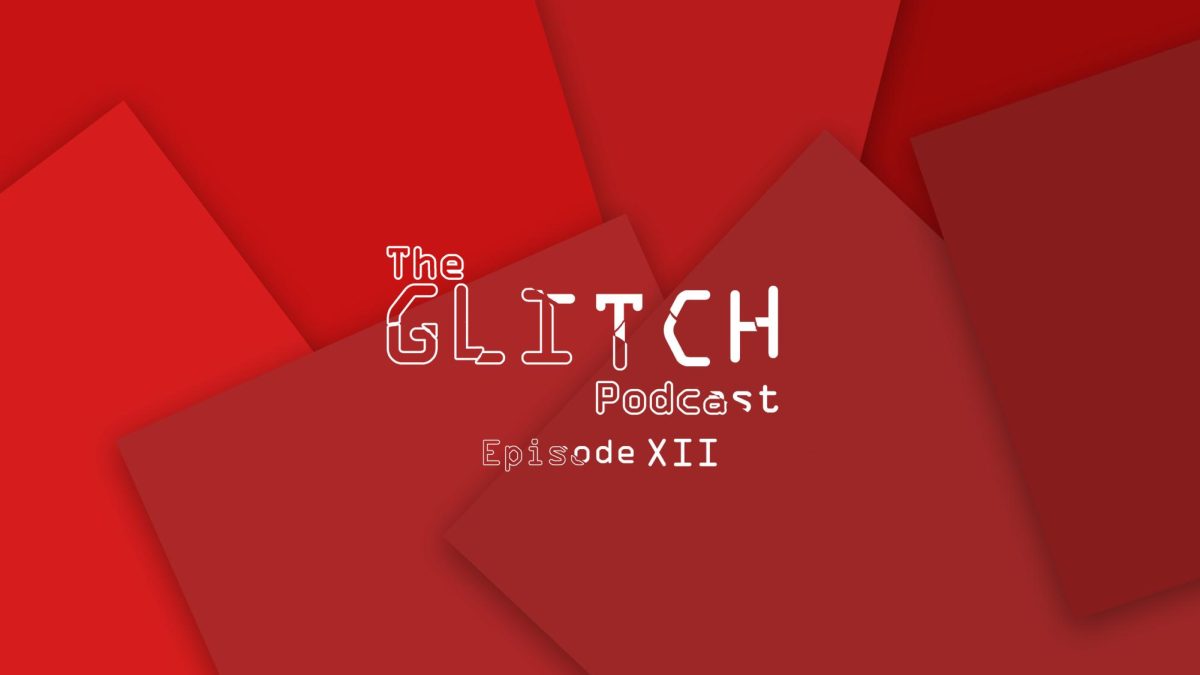
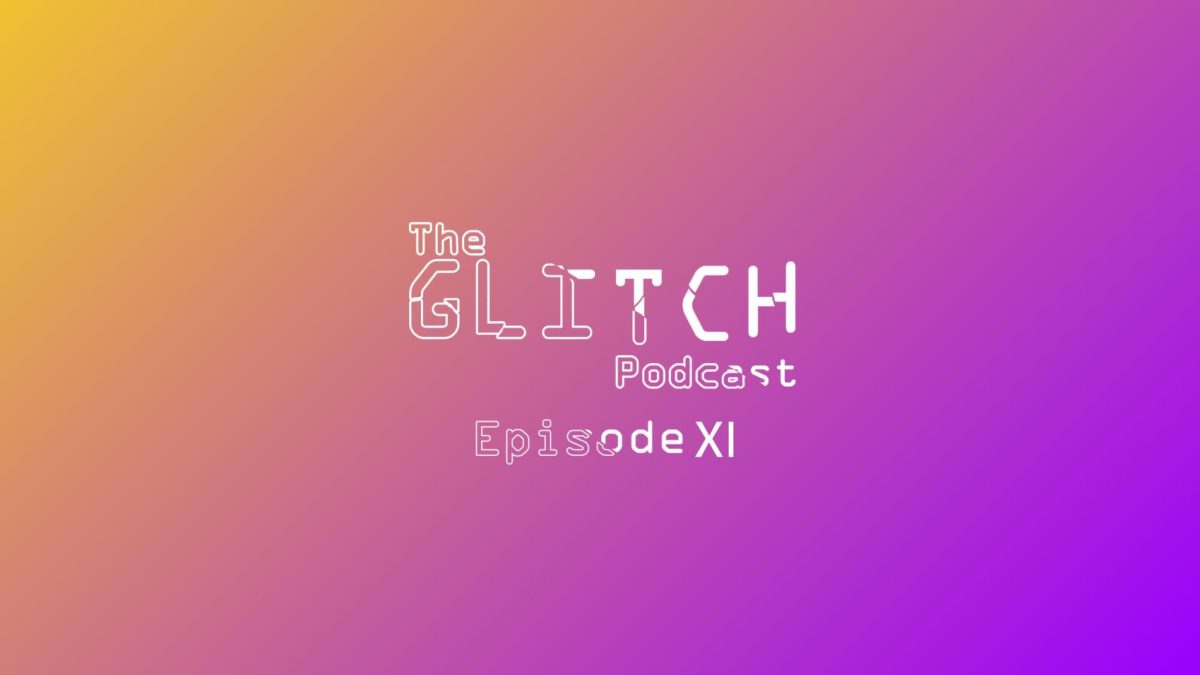

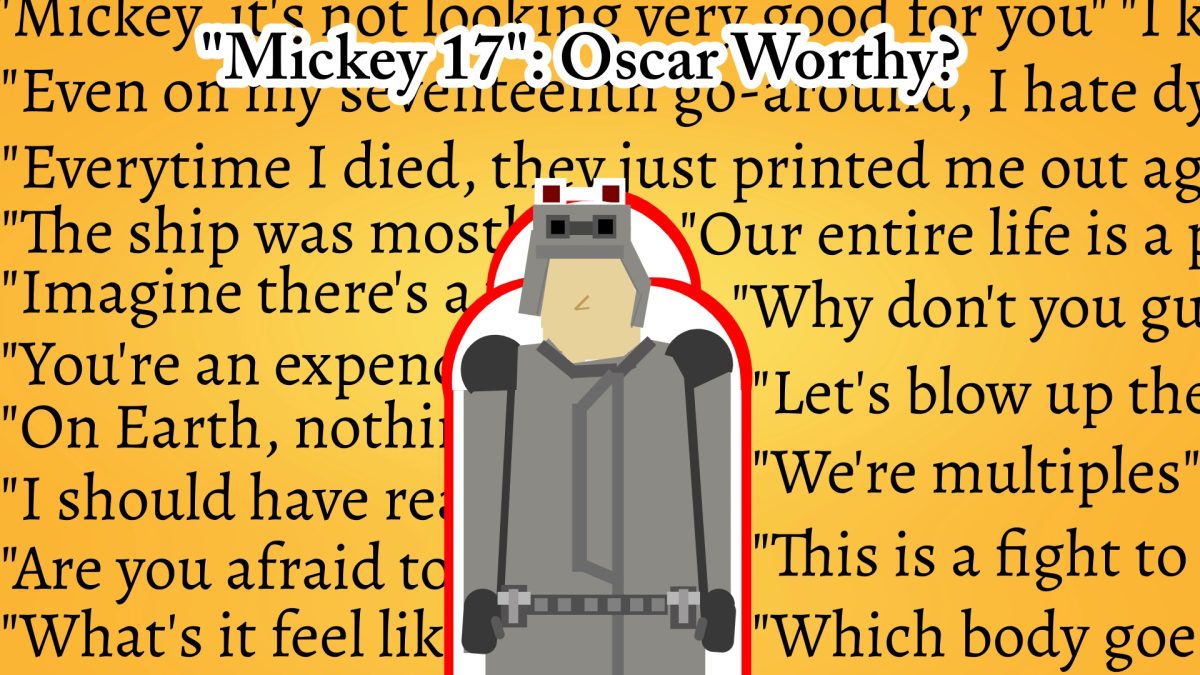



![Lesbian Visibility Day is April 26, and it’s a holiday to celebrate the lesbian community of the world. Lesbian Visibility day was established in 2008 by many queer activists and organizations who sought to raise more awareness for lesbian history and culture. “So this is why during Lesbian Visibility [Day] we celebrate and center all lesbians, both cis and trans, while also showing solidarity with all LGBTQ+ women and nonbinary people,” Linda Reily, in an article written by her, said.](https://rockmediaonline.org/wp-content/uploads/2025/04/Lesbian-Visibility-day.jpeg)
